
Cuisine
Western European cuisine
Western European cuisine is known for its rich, hearty dishes that are often made with meat, potatoes, and vegetables. It is also known for its use of dairy products, such as cheese and butter, and its love of bread and pastries. The cuisine is heavily influenced by the geography and climate of the region, with coastal areas relying heavily on seafood and inland areas focusing more on meat and dairy products.
Typical ingredients
Meat (beef, pork, lamb), Potatoes, Vegetables (carrots, onions, cabbage), Dairy products (cheese, butter, cream), Bread, Pastries, Seafood (in coastal areas)
Presentation and garnishing
Western European cuisine places a strong emphasis on presentation, with dishes often being garnished with fresh herbs, sauces, and colorful vegetables.
The cuisine has been heavily influenced by neighboring countries and cultures, with dishes such as pizza and pasta becoming staples in many Western European countries.
More cuisines from this region...
French cuisine, Occitan cuisine, Luxembourgian cuisine, Dutch cuisine, Belgian cuisine, Monégasque cuisine
History
The history of Western European cuisine dates back to ancient times, with each country developing its own unique culinary traditions over time. The cuisine has been heavily influenced by trade and migration, with ingredients and techniques being shared across borders. In recent years, there has been a renewed interest in traditional Western European cuisine, with chefs and home cooks alike embracing the simplicity and flavor of the region's dishes.
Cultural significance
Western European cuisine is deeply rooted in the cultural traditions of the region, with many dishes being associated with specific holidays and celebrations. For example, in France, the Christmas meal typically includes roasted goose or turkey, while in Germany, sauerkraut and pork are often served on New Year's Day. The cuisine is also known for its wine and beer, which are often paired with meals.
Health benefits and considerations
While Western European cuisine is known for its rich, hearty dishes, it can also be high in fat and calories. However, many traditional dishes are also rich in nutrients, such as vitamins and minerals, and can be part of a healthy diet when consumed in moderation.
Western European cuisine recipes Browse all »

Puran Poli - Sweet Lentil Stuffed Flatbread
Indulgent Lentil-Filled Sweet Flatbread Delight

Pan de Mallorca - Fluffy Sweet Rolls from Western Europe
Heavenly Delights: Fluffy Sweet Rolls from Western Europe

Blaff with a Western European Twist
Mediterranean-inspired Seafood Stew
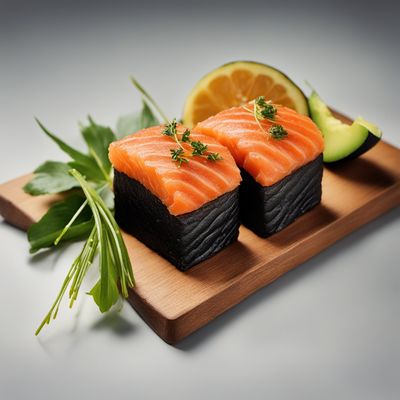
Uni and Avocado Tartine
Sea Urchin Delight: Uni and Avocado Tartine

Roasted Duck with Cherry Sauce
Succulent Roasted Duck in a Tangy Cherry Glaze
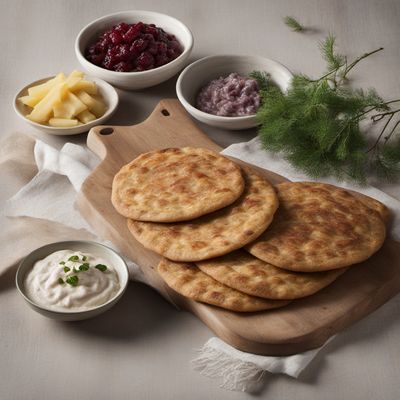
Paltbröd - Traditional Swedish Potato Flatbread
Hearty Potato Flatbread: A Taste of Swedish Comfort

Grilled Garlic Shrimp
Sizzling Garlic Shrimp Delight
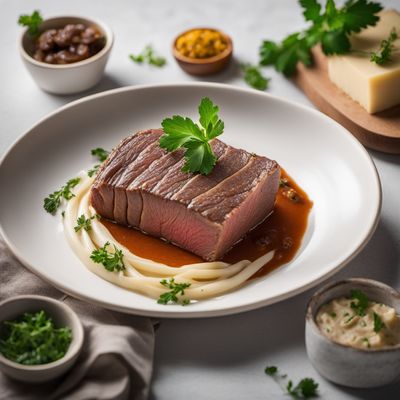
Mastazzola di Riesi - A Delectable Twist on Italian Delicacy
Savory Cheese and Herb Stuffed Beef Rolls - A Fusion of Italian and Western European Flavors
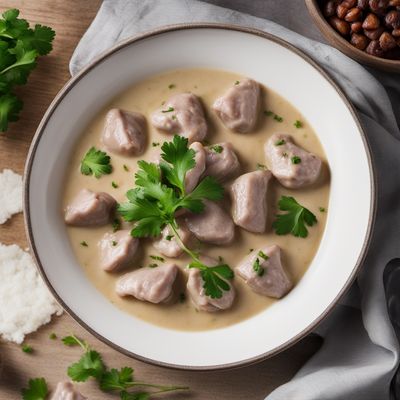
Creamy Chicken Hearts in White Wine Sauce
Savory Delight: Creamy Chicken Hearts in White Wine Sauce
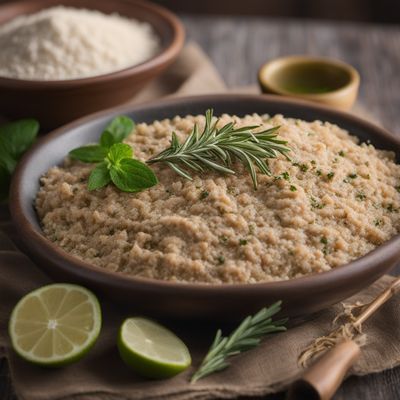
Aish Baladi with a Western Twist
Savory Egyptian Flatbread with a European Flair

Shahi Tukray with a Western Twist
Royal Bread Pudding: A Fusion of Indian and European Flavors

Crispy Baked Haddock with Herb-infused Potatoes
Golden Baked Haddock with Fragrant Herb Potatoes